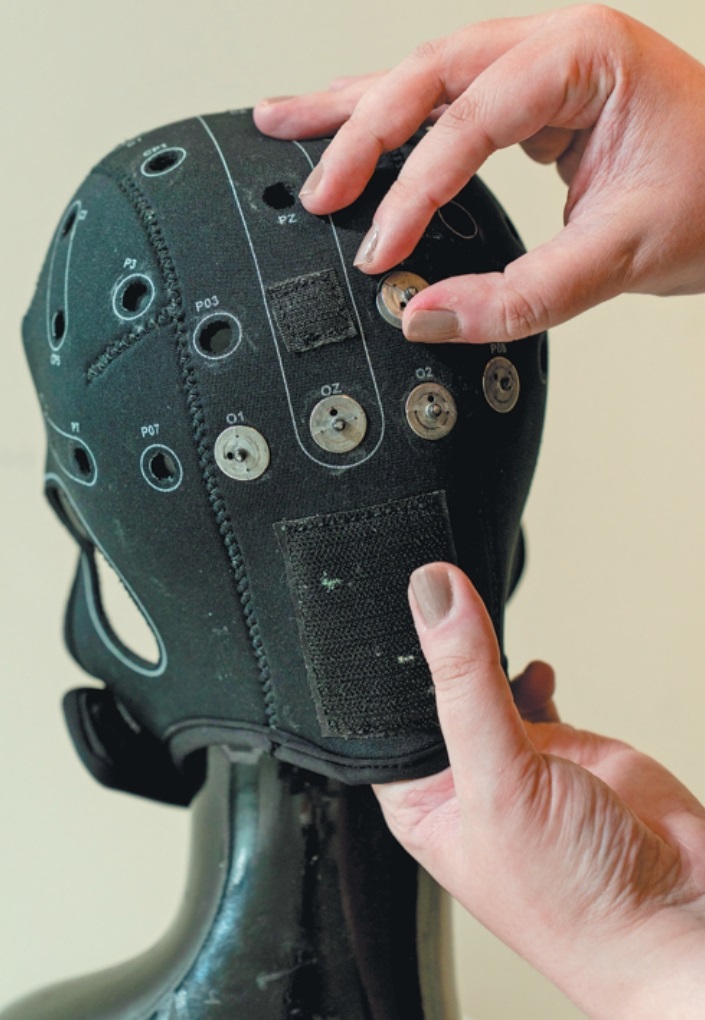Tech calls the shots
Singaporean universities report fewer cases of AI plagiarism, but experts warn of risks


Recognizing that AI technologies are here to stay, universities said they are exploring better ways to integrate such tools meaningfully and critically into learning.
Generative AI refers to technologies that can produce human-like text, images or other content based on prompts. Educational institutions worldwide have been grappling with balancing its challenges and opportunities, while maintaining academic integrity.
Faculty members have flexibility to decide how AI can be used in their courses, as long as their decisions align with university-wide policies.
The National University of Singapore allows AI use for take-home assignments if properly attributed, although instructors have to design complex tasks to prevent overreliance. For modules focused on core skills, assessments may be done in person or designed to go beyond AI's capabilities.
At the Singapore Management University, instructors inform students which AI tools are allowed, and guide them on their use, typically for idea generation or research-heavy projects outside exams.
The Singapore Institute of Technology has reviewed assessments and trained staff to manage AI use, encouraging it in advanced courses like coding but restricting it in foundational ones, while the Singapore University of Technology and Design has integrated generative AI into its design-thinking curriculum to foster higher-order thinking. The idea is to teach students when AI should be a tool, partner or avoided.
The universities said students must ensure originality and credibility in their work.
Students interviewed by The Straits Times, who requested anonymity, said AI usage is widespread among their peers.
"Unfortunately, I think that (using generative AI) is the norm nowadays. It has become so rare to see people think on their own first before sending their assignments into ChatGPT," said a 21-year-old fourth-year law student from the Singapore University of Social Sciences.
Still, most students said they have a sense of when it is appropriate to use AI and when it is not. Many said they use it mainly for brainstorming, collating research, and sometimes while writing.
A 20-year-old fourth year economics student from the Nanyang Technological University said he does not see AI as anything more than a "really smart study buddy" that helps him clarify difficult concepts, similar to how one would consult a professor.
A third-year political science student at the Singapore Management University, 22, said she uses AI to fix her grammar before submitting her essays, but draws the line at copying essays entirely from ChatGPT.
But some students said they would turn to AI to quickly complete general modules outside their specializations that they feel are not worth their personal effort.
AI may improve efficiency, but there is a "level of wisdom that needs to come with that usage", said a third-year public policy and global affairs student from the Nanyang Technological University.
The 21-year-old said she would not use ChatGPT for tasks that require her personal opinion, but would use it "judiciously" to complete administrative matters.
Other students said they avoid relying too much on AI, as they take pride in their work.
A 23-year-old third year computer science student from the Singapore University of Technology and Design said he wants to remain "self-disciplined" in his use of AI because he realizes he needs to learn from his mistakes in order to improve academically.

































